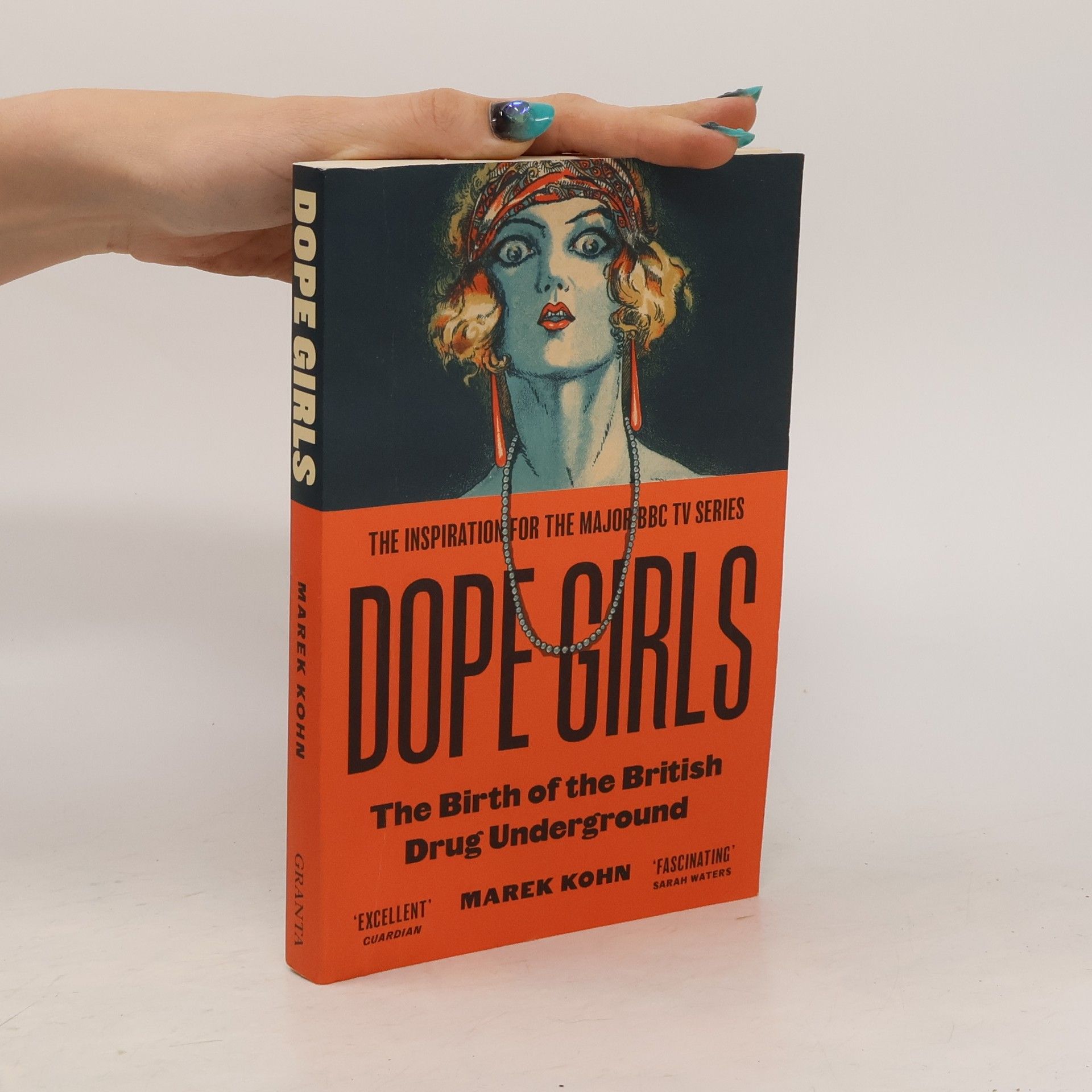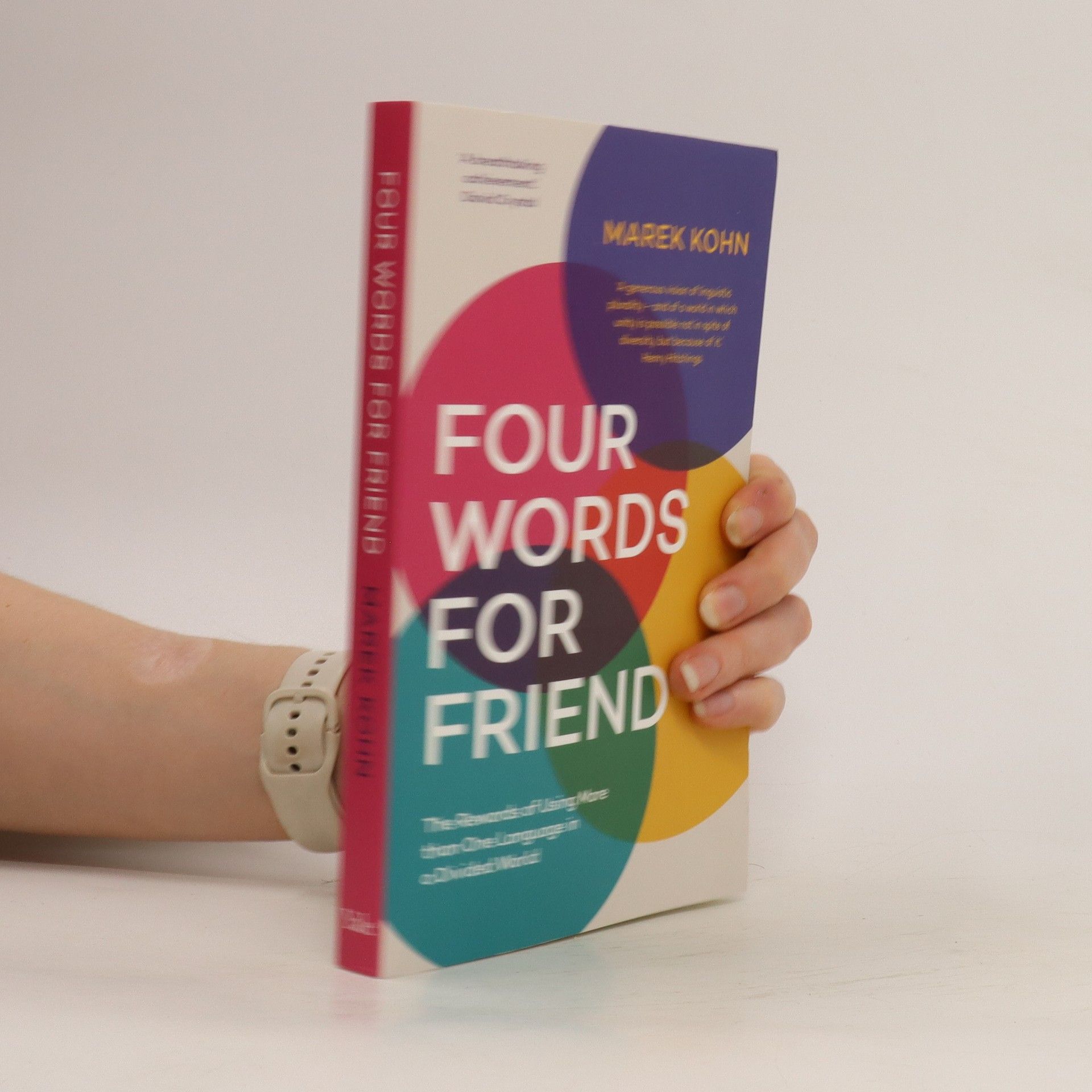Four Words for Friend
- 264 stránek
- 10 hodin čtení
A compelling argument about the importance of using more than one language in today's world In a world that has English as its global language and rapidly advancing translation technology, it's easy to assume that the need to use more than one language will diminish--but Marek Kohn argues that plural language use is more important than ever. In a divided world, it helps us to understand ourselves and others better, to live together better, and to make the most of our various cultures. Kohn, whom the Guardian has called "one of the best science writers we have," brings together perspectives from psychology, evolutionary thought, politics, literature, and everyday experience. He explores how people acquire languages; how they lose them; how they can regain them; how different languages may affect people's perceptions, their senses of self, and their relationships with each other; and how to resolve the fundamental contradiction of languages, that they exist as much to prevent communication as to make it happen.


